Buying your first home is an exciting milestone, but it can also feel overwhelming—especially when it comes to saving for a first home. Fortunately, with the right approach, you can make steady progress toward homeownership. There are several savings options and government programs designed for first-time homebuyers. Whether you’re just getting started or looking to accelerate your savings, these strategies can help you get closer to owning your first home.
Minimum Down Payment Requirements in the U.S.
Conventional loans are the most common mortgage options for first-time homebuyers. Unlike government-backed loans, conventional mortgages are issued by private lenders and typically require a higher credit score. However, they also offer flexibility in terms of down payment amounts.
Many first-time buyers can qualify with as little as 3 percent down; however, if you put down less than 20 percent, you’ll need to pay private mortgage insurance (PMI), which adds to your monthly costs. The good news is that once you reach 20 percent equity in your home, you can usually request to remove PMI.
Savings Plans for First-Time Homebuyers
Saving for your first home requires careful planning and smart financial strategies. These financial options can make the process more manageable and help you reach your homeownership goals faster.
High-Interest Savings Accounts for First-Time Homebuyers
A high-interest savings account is one of the safest and most effective ways to grow your down payment funds. These accounts offer competitive interest rates, allowing your money to grow faster while keeping it easily accessible when you’re ready to buy. Look for accounts with no monthly fees, automatic transfers, and high annual percentage yields (APYs) to maximize your savings.
First-Time Homebuyer Individual Development Accounts (IDAs)
Some organizations offer Individual Development Accounts (IDAs), which provide matching funds to help low- and moderate-income individuals save for a home. In these programs, every dollar you save is matched by a government agency or nonprofit, helping you build your down payment more quickly. Eligibility often depends on income and financial education requirements.
401(k) or IRA Withdrawals
First-time homebuyers may withdraw up to $10,000 from a traditional or Roth IRA without paying the usual early withdrawal penalty. However, taxes may still apply, depending on the type of account. Some retirement plans, such as 401(k)s, also allow loans for home purchases, though this should be considered carefully as it could impact long-term retirement savings.
Government Support Programs for First-Time Homebuyers
There are numerous federal and state government programs available to help make homeownership more affordable. These programs offer benefits such as lower down payments, reduced interest rates, and financial assistance for closing costs.
FHA Loans
The Federal Housing Administration (FHA) loan program helps first-time homebuyers by insuring their loans, which allows lenders to offer lower down payments and more flexible credit requirements. FHA loans require as little as 3.5 percent down for buyers with a credit score of 580 or higher, making them one of the most accessible mortgage options for new homeowners.
VA Loans
The Department of Veterans Affairs (VA) loan program offers zero-down-payment mortgages with competitive interest rates for eligible veterans, active-duty service members, and certain military spouses. VA loans also do not require private mortgage insurance (PMI), which helps reduce monthly costs for borrowers.
USDA Loans
The U.S. Department of Agriculture (USDA) loan program assists low- and moderate-income buyers in purchasing homes in eligible rural and suburban areas. These loans require no down payment, making them an attractive option for those who qualify. USDA loans also offer lower mortgage insurance costs compared to FHA loans.
First-Time Homebuyer Tax Credit
Passed in 2024, the First-Time Homebuyer Tax Credit provides eligible buyers with up to $15,000 in federal income tax credits to offset the costs of purchasing a home. It can be used at closing to make a down payment and pay closing costs or be paid by the Treasury as a tax refund.
Down Payment Assistance Programs
Many states and local governments offer down payment assistance programs that provide grants or low-interest loans to help first-time buyers cover their down payment and closing costs. These programs typically have income and credit requirements but can significantly reduce the amount of money needed upfront.
Tips for Saving for Your First Home
Saving for your first home requires careful financial planning and smart strategies to maximize your savings. Whether you’re just starting or looking for ways to accelerate your progress, these money-saving tips for first-time homebuyers can help you reach your goal more efficiently.
- Open a high-interest savings account for first-time homebuyers. Look for accounts with no fees and competitive interest rates.
- Determine how much you need to save for a down payment, closing costs, and moving expenses. Create a detailed budget to help you stay on track.
- Set up automatic transfers from your paycheck or checking account to a dedicated savings account.
- Identify non-essential spending, such as dining out or subscription services, and redirect those funds toward your home savings goal. Even small cuts can add up over time.
- Deposit any unexpected income to your home savings fund, such as tax refunds, work bonuses, or monetary gifts.
- Pay off high-interest debt and maintain a strong credit score to help you qualify for better mortgage rates.
- Some employers offer homebuyer assistance programs that provide grants or matching contributions toward your down payment. Check with your HR department to see if this benefit is available.
Saving for your first home may seem overwhelming, but with the right strategies and resources, homeownership is within reach. Whether you’re still saving or ready to start house hunting, the experienced agents at REMAX can help you find the perfect home within your budget. Contact a REMAX real estate agent today to take the next step toward homeownership!







